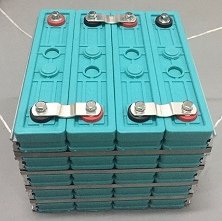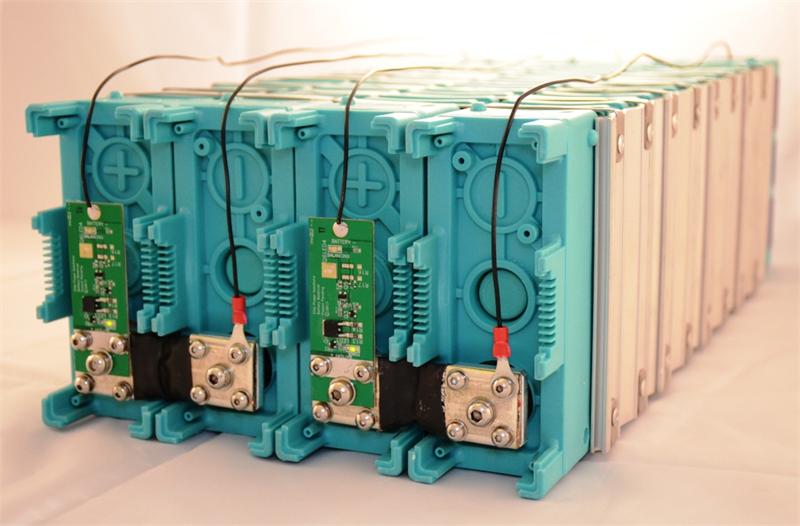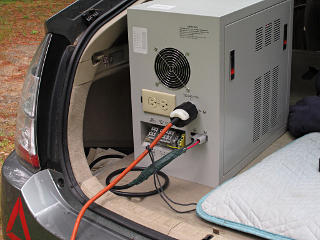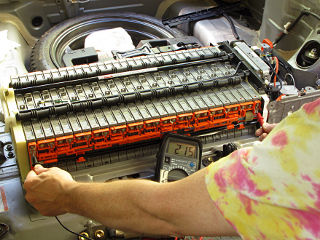NW-Bound
Give me a museum and I'll fill it. (Picasso) Give me a forum ...
- Joined
- Jul 3, 2008
- Messages
- 35,712
One saves money by buying individual LFP cells, then assembling them into packs. A 100Ah x 3.2V cell from CALB runs $155, making a 12V pack $620. You then need to do your own cell balancing circuit, or at least keep an eye on them.
PS. LFP chemistry is approved for use on aircraft due to its tame behavior to abuse, compared to other chemistries such as used in the Tesla.



PS. LFP chemistry is approved for use on aircraft due to its tame behavior to abuse, compared to other chemistries such as used in the Tesla.



Last edited:



